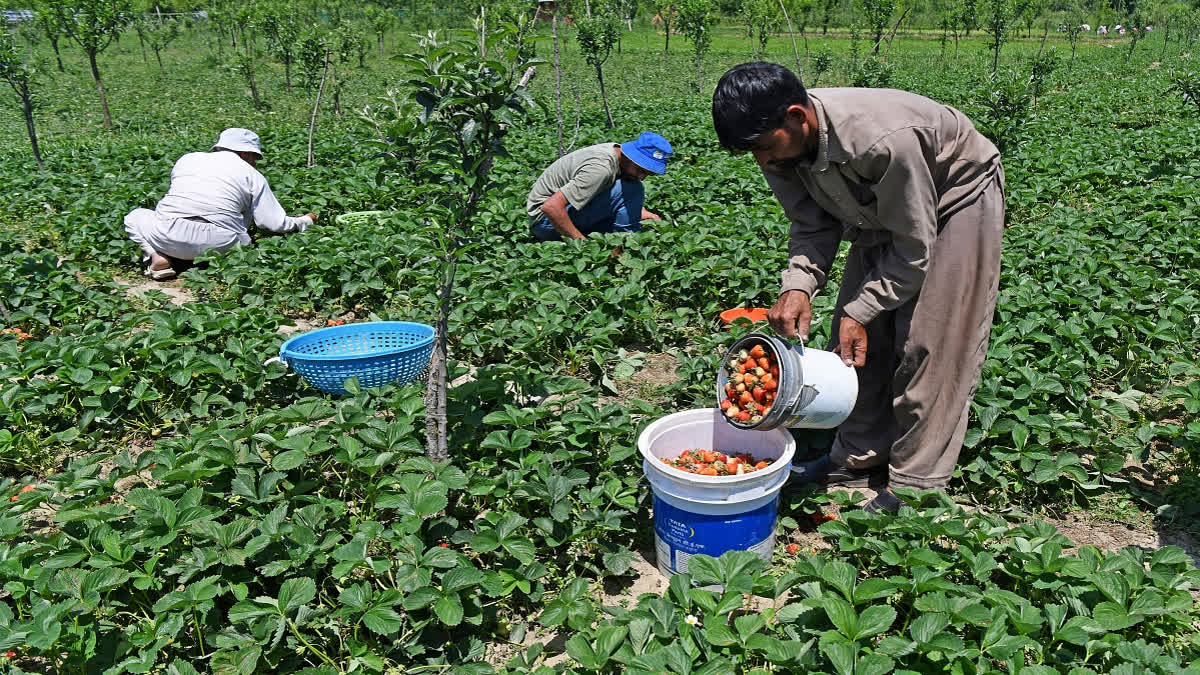The Narendra Modi government is planning to implement a 100-day development programme to boost the economy so as to increase productivity and create jobs. Among various initiatives, agricultural infrastructure development deserves to be one on the high priority. Aa a part of the scheme, a fund by name "Agri-SURE fund" is being created to help in scaling up of operations of about 85 startups in the next five years with a variable ticket size up to Rs 25 crore each.
A separate trust is being set up in Nabventures (under the technical guidance of NABRD) to register the fund with the Securities and Exchange Board of India. The government is aiming to boost investment in post-harvest infrastructure development at farm gates to help farmers handle their produce better and fetch remunerative prices.
To bring in efficiency in the value chain of agriculture and allied sectors, the Modi government, may launch a separate Rs 750-crore fund called Agri-SURE for agri-startups and expedite the implementation of various initiatives such as the agriculture infrastructure fund (AIF) and the integrated scheme for agricultural marketing.
It will cover startups associated with sectors such as agri-tech, food processing, animal husbandry, fisheries, supply chain management, farm mechanisation, and biotechnology.
The 100 day programme should focus on: a) bringing institutional reforms (for example, allowing farmers to democratically elect their representatives to the agricultural market committees), b) investing heavily in modernising farm-related infrastructure such as improving the quality of rural roads linking markets, godowns, processing plants, and farms (kamathaalu), grading labs, etc, c) ushering clusterisation of crops (panta kalaneelu), d) educating and enabling small farmers to come together into farm producer companies (FPOs) and providing more incentives such as interest free working capital, tax concessions for profits earned by the producer companies, e) implementing more farmer friendly crop insurance, exploring innovative support systems - such as tie-up with malls and super bazaars for better price realisation, and f) encouraging farmers to setup processing facilities for higher value addition. With larger political mandate, and the positive growth of GST revenues, the new central government is in a stronger position to persuade the state governments to discharge their role more effectively. With this, the state governments should come forward and put their share of investment to improve the viability of agriculture.
The new government is expected to expedite the implementation of the Rs one-trillion AIF aimed at creating post-harvest infrastructure at farm gates, aggregation points of primary agricultural cooperative societies, farmer producer organisations, agri-entrepreneurs, startups, etc. All loans under this financing facility will have interest subvention of 3 per cent per annum up to a limit of Rs two crore. The subvention will be available for a maximum of seven years.
